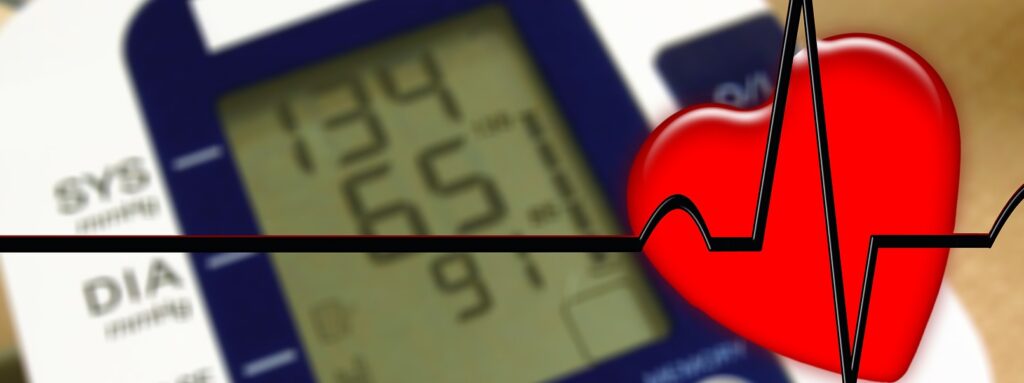
Many companies plan their entry into the American market without a good understanding of the legal requirements that govern their products in the US. The FDA (Food and Drug Administration) regulates the consumption not only of drugs and food, but also of veterinary products, cosmetics, tobacco, and so-called “medical devices”.
About one-fifth of what American consumers spend is, in one way or another, regulated by the FDA
Under the category of medical devices there is a wide variety of products that ranges from complex devices that assist robotic surgery or even artificial organs, to objects that accompany our daily lives and whose perception can be very different from what anyone would consider a medical device. Under US law, medical devices also include computer programs designed to support medical diagnoses, test kits, blood glucose meters, and even baby pacifiers. These “everyday” products usually go unnoticed by manufacturers who want to introduce their products in the US for the first time.
Under US law, all manufacturers of medical devices (whether they are anti-bedsore mattresses, pacifiers or software developers), both domestic and foreign, must be registered in the FDA databases, upon payment of an annual fee that already exceeds $5,500. In addition, foreign manufacturers are required to designate a “US Agent” or representative who is physically in the US. Once registered with the FDA, manufacturers (or their representatives) must register and provide more or less detailed information about each of their products before they are distributed for their commercialization in the US.
The FDA classifies medical devices into one of three classes (Class I, II, or III) based on their risks and the regulatory controls necessary to provide a reasonable assurance of safety and efficacy.
- Devices classified as Class III, more complex and with higher risk for patients, are heavily regulated and must receive a comprehensive study by the FDA after payment of fees that can exceed $350,000.
- The products that belong to Class II (of lower risk for patients or users), typically require a notification to the FDA 30 days before their commercialization (“30-day Notice”) upon payment of $5,580.
- Devices listed as Class I are often exempt from this notification.
The complexity in registering these products not only depends on the product itself, but on the previous existence of similar devices already registered with the FDA. Currently, there are more than a thousand different classifications within Classes I and II, and more than 500 classifications within Class III. In the last month alone, 146 new medical devices have been registered with the FDA by national and international manufacturers.
Manufacturers of medical devices, apart from registering as an organization and registering their products, have to guarantee, by themselves, the medical utility that they propose for their products. The American legal system is “contradictory”; Most of the time it is regulated not through a detailed rule of the legislature or the Administration, but as a result of a judicial claim from an affected party and a sentence. Therefore, it is essential that, apart from registering their products in the FDA databases, medical device manufacturers are careful in their claims of medical utility and have a very good product liability policy for claims that will surely reach them. We cannot make decisions in the US market under the mindset and perspective of the market where the parent company operates.
Current US regulations represent an effective mechanism for the FDA and manufacturers to identify and monitor significant adverse events related to medical devices. Thus, by law, any incident in which a device may have caused or contributed to death or serious injury, as well as breakdowns that may contribute to poor performance, must be reported immediately to the FDA under the Medical Device Reporting Program. For food establishments alone, there are 101,212 foreign establishments registered with the FDA (as opposed to only 80,935 domestic establishments). The key is the traceability of any product that may pose a risk to health. The US legislative and administrative systems want to guarantee the almost immediate identification of the manufacturer, importer and / or distributor, in case of adverse reports to minimize response time and the possible negative impact on patients and citizens.
From Markentry USA, we can assist manufacturers of products regulated by the FDA, as well as distributors of these products, to facilitate the process and ensure that it is carried out correctly and in accordance with current US law. Apart from managing the complex registration process, we have the necessary experience to advise the manufacturer (and / or distributors) on the alternatives and regulatory, legal and commercial consequences that the different alternatives entail; we are experts in the US market
The opinions expressed in this article have a merely informative nature. Markentry USA accepts no responsibility for errors or omissions.
Share this:
- Click to share on LinkedIn (Opens in new window)
- Click to share on Facebook (Opens in new window)
- Click to share on Twitter (Opens in new window)
- Click to share on Pinterest (Opens in new window)
- Click to share on Telegram (Opens in new window)
- Click to print (Opens in new window)
- Click to share on WhatsApp (Opens in new window)


